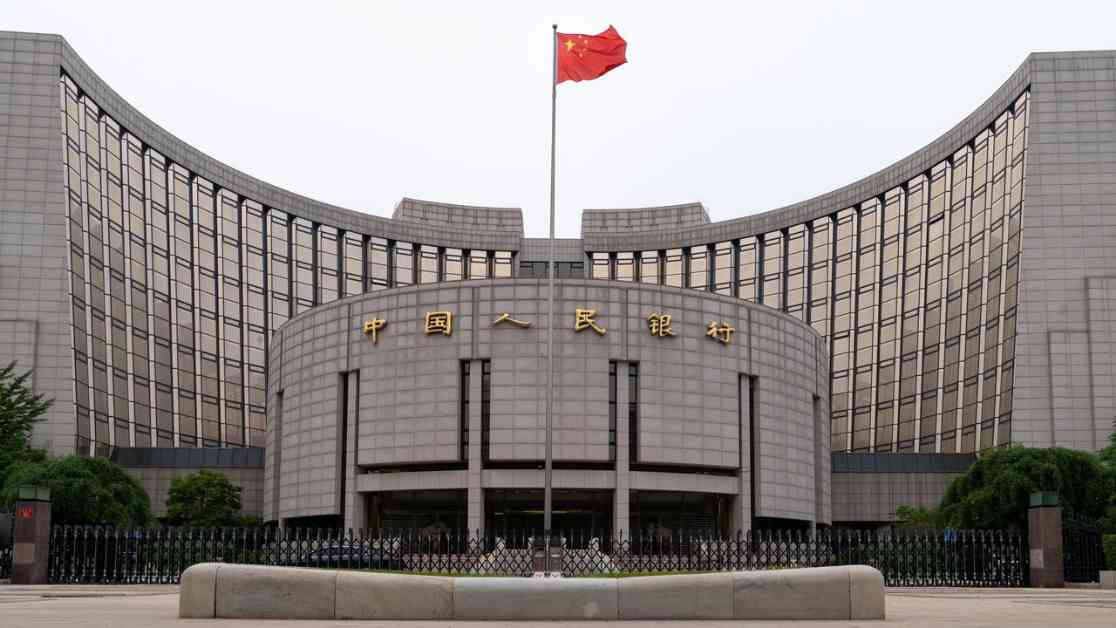China’s bond market has been a topic of intrigue and discussion in recent times, especially with the central bank’s intervention raising eyebrows. The central bank’s move seems to suggest that the government’s debt is becoming too popular for comfort. This intervention has sparked curiosity and speculation among financial experts and analysts.
The Fear of Bond-Market “Vigilantes”
Many governments around the world fear the so-called bond-market “vigilantes”, a term used to describe investors who aggressively sell a sovereign’s debt in response to what they perceive as errant policies. This selling pressure drives down the price of the debt, leading to an increase in its yield. The fear is that these vigilantes can wreak havoc on a country’s financial stability and credibility.
China, with its growing influence in the global economy, is not immune to the actions of bond-market vigilantes. The sheer size of China’s debt market makes it a significant player in the world of finance. As such, any intervention by the central bank in the bond market is closely scrutinized and analyzed by experts and investors alike.
Bond-Market Malfunctions and Financial Stability
Apart from the fear of bond-market vigilantes, financial regulators also worry about bond-market malfunctions. These malfunctions can take various forms, such as unsettled trades or the failure of one party to honor its promises in a transaction. Such mishaps can have far-reaching consequences, sending ripples of anxiety through an entire financial system.
The Chinese bond market, like any other, is not immune to such malfunctions. While China’s financial system has shown resilience in the face of various challenges, it is crucial to address any potential vulnerabilities in the bond market to ensure stability and confidence among investors.
The Central Bank’s Intervention in China’s Bond Market
The recent intervention by China’s central bank in the bond market has raised questions about the government’s debt management strategy. The central bank’s move to curb the popularity of government debt suggests a desire to maintain control over interest rates and borrowing costs.
The government’s debt is a crucial tool for financing various projects and initiatives, but an overly popular bond market can lead to distortions in interest rates and borrowing costs. By intervening in the bond market, the central bank aims to strike a balance between ensuring liquidity and stability in the market while also managing the government’s debt levels effectively.
The central bank’s intervention is also a reflection of China’s broader economic strategy. As China seeks to transition to a more consumption-driven economy, managing debt levels and interest rates becomes increasingly important. By controlling the popularity of government debt, the central bank can influence borrowing costs and stimulate economic growth in a sustainable manner.
In conclusion, China’s bond market intervention is a complex and intriguing phenomenon that reflects the country’s evolving economic landscape. By understanding the motivations behind the central bank’s actions and the potential impact on the bond market, investors and analysts can gain valuable insights into China’s financial system and its future trajectory.

















